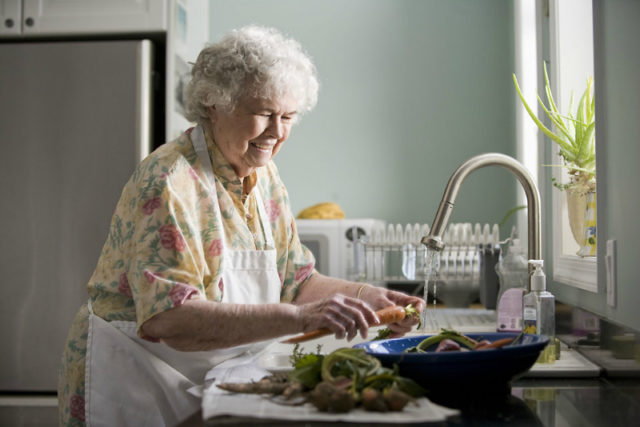|
Baycrest gets $1-million donation for seniors Baycrest gets $1-million donation for seniors

Baycrest has received a $1-million donation that will be used to help the elderly stay in their homes, if they wish. The gift is part of a $15-million donation from the Slaight Family Foundation’s Senior Initiative to 13 Toronto hospitals and four national organizations. Baycrest’s portion will go toward Baycrest@Home, a new suite of programs and services that will provide care at home for physically and cognitively frail older adults and their families and caregivers. The gift “will be instrumental in supporting our efforts to ensure our parents, grandparents, children and future generations can age in the setting of their choice, revolutionizing how our community cares for older adults and supports their families,” said a statement from Baycrest president and CEO Josh Cooper. The new programs will strive to provide “a concierge experience” along four main themes, according to Baycrest: Safe@Home: smart-home enhancements that increase the safety and independence of older adults and their connection with caregivers; Help@Home: practical services and information for caregivers to help them deliver and co-ordinate care, and deal with the emotional stress of providing care; Connect@Home: on-demand content and access to live events and interactive sessions that stimulate and entertain older adults with mild to moderate dementia, designed to provide many of the benefits of Baycrest’s day programs, while also providing caregivers with much-needed respite; and Health@Home: virtual and face-to-face clinical services offered in partnership with health providers that improve the health and quality of life of seniors and their caregivers. “Seniors are Canada’s fastest growing demographic, yet a very under-supported and vulnerable population,” said Gary Slaight of the Slaight Family Foundation. “Finding new ways of assisting seniors, particularly those who have trouble accessing our health and social services due to poverty or other barriers, is essential to helping keep people healthier longer and in their own communities.”
|
|
|


